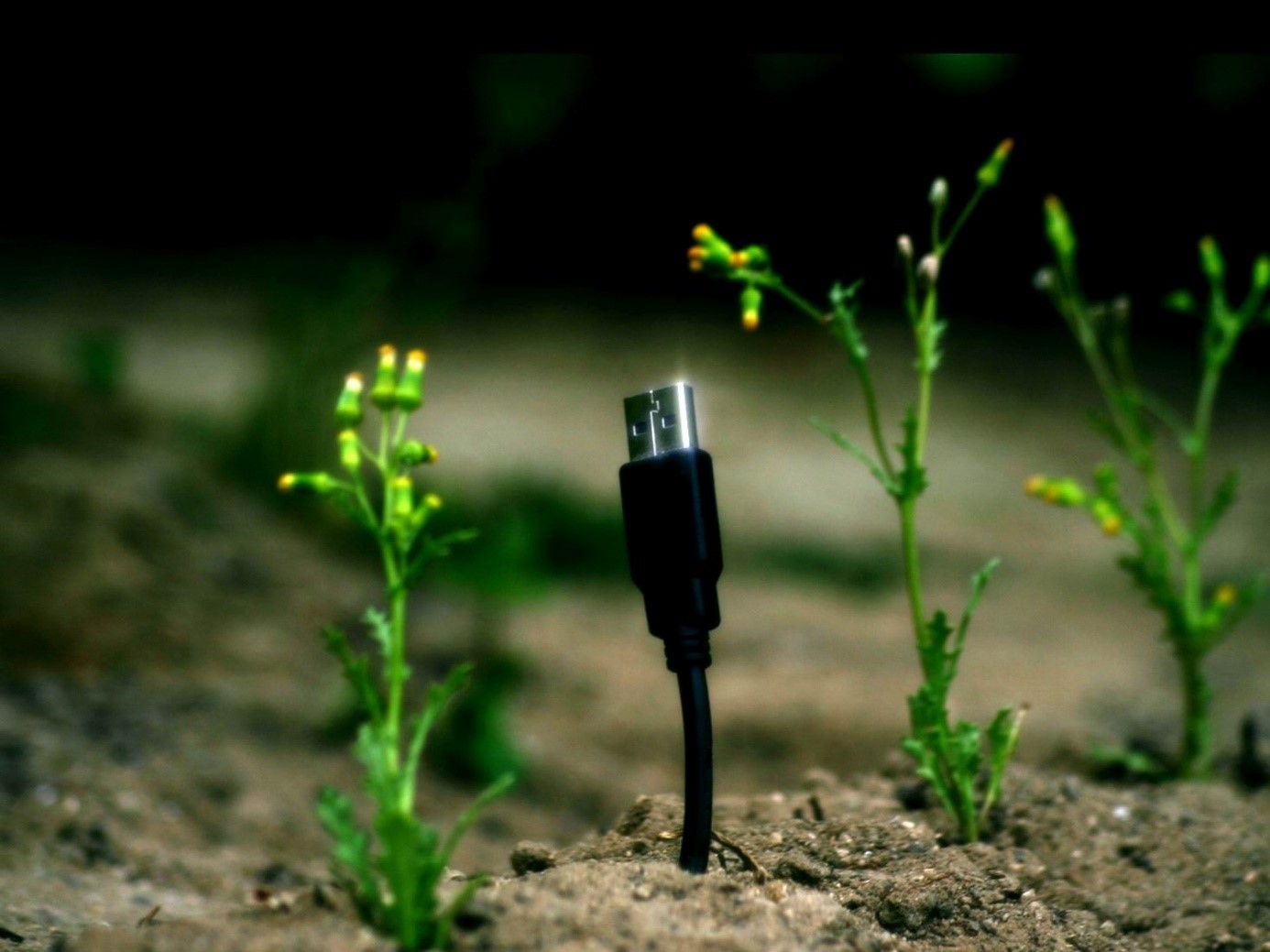Thank you, Bálint Birkás, for a great question!
It is a question that I often ask myself whenever I hear about a new useless invention in the news. Looking at those, you could be tempted to say that the point of science and technology is to develop science and technology, just because we can. But let’s see if there is a more satisfying answer.
If you want to know what science and technology are for, think about a time before them, a time when it was just us and untamed, unfamiliar nature. One of my favourite philosophers, Hans Blumenberg, discussed this as a hypothetical initial situation, not unlike the one in which our first ancestors found themselves. Imagine a group of them suddenly developing consciousness – they were just thrown into the world and left to cope with it by themselves. This must have meant a great deal of uncertainty. They had no idea what the things around them meant, how to interact with them and, worse of all, whether they were dangerous or not. When they raised their heads, the situation got even more troublesome: there were even more unfamiliar things stretching beyond the horizon and hidden from their eyes.
This must have been a very discomforting way to live; surrounded by unnamed threats beyond comprehension, our ancestors must have been in a constant state of alarm, feeling vulnerable and sensing danger from every direction. But this is not a state you can maintain forever. Blumenberg believed that this original unfamiliarity was what gave birth to myths and later to religion: lightning was no longer just an unexplainable, deadly flash, but a wrath of gods. Diseases were punishment for immoral behaviour. They could be anticipated, avoided, perhaps even bargained with – they became familiar. Even if people were still harmed by what surrounded them, at least they had stories that provided some explanation. They were not as helpless as in the initial situation.
Think about the mechanism described above – unfamiliar, uncontrollable things are transformed by our ingenuity and imagination into something we can describe, predict, maybe even use. Technology serves the same purpose as the myths did, although in a different way. By studying the laws of nature and by creating tools, we are able to understand and manipulate our surroundings. The theory of gravity helped us understand why things fall down, the invention of the lightbulb made our lives less dependent on the day-night cycle, and penicillin cured diseases that decimated our ancestors. In this sense, the point of science and technology is making our lives more predictable, safer and more dependent on our decisions than on mysterious forces of nature.
The problems start, of course, when science and technology are expected to provide all the answers (you cannot expect geology to explain the meaning of life) and when they are developed for the wrong reasons or just for the sake of it. After all, threats that our earliest ancestors faced are nothing compared to the possibility of nuclear war or to the climate crisis, both of which were created by our use of technology.
What do you think? What is the point of science and technology? Let us know in the comments.
And, as always, if you have a question for the Armchair Philosophers, don’t hesitate to get in touch. You could send us a message or fill in this form.
Image: (credit)
I did a BA and MA in Philosophy at the University of Warsaw, where I focused on philosophy of technology, hermeneutics and social philosophy with a Marxist slant (which I was suprisingly able to combine in my MA thesis on Gianni Vattimo). I am currently working on a PhD at Dublin City University, where I research self-tracking technologies and practices from the perspective of virtue ethics. My favourite philosophical idea is that our understanding and beliefs change across history and cultures together with material circumstances and the interpretative context – they are ultimately the result of our choices and critiques.

